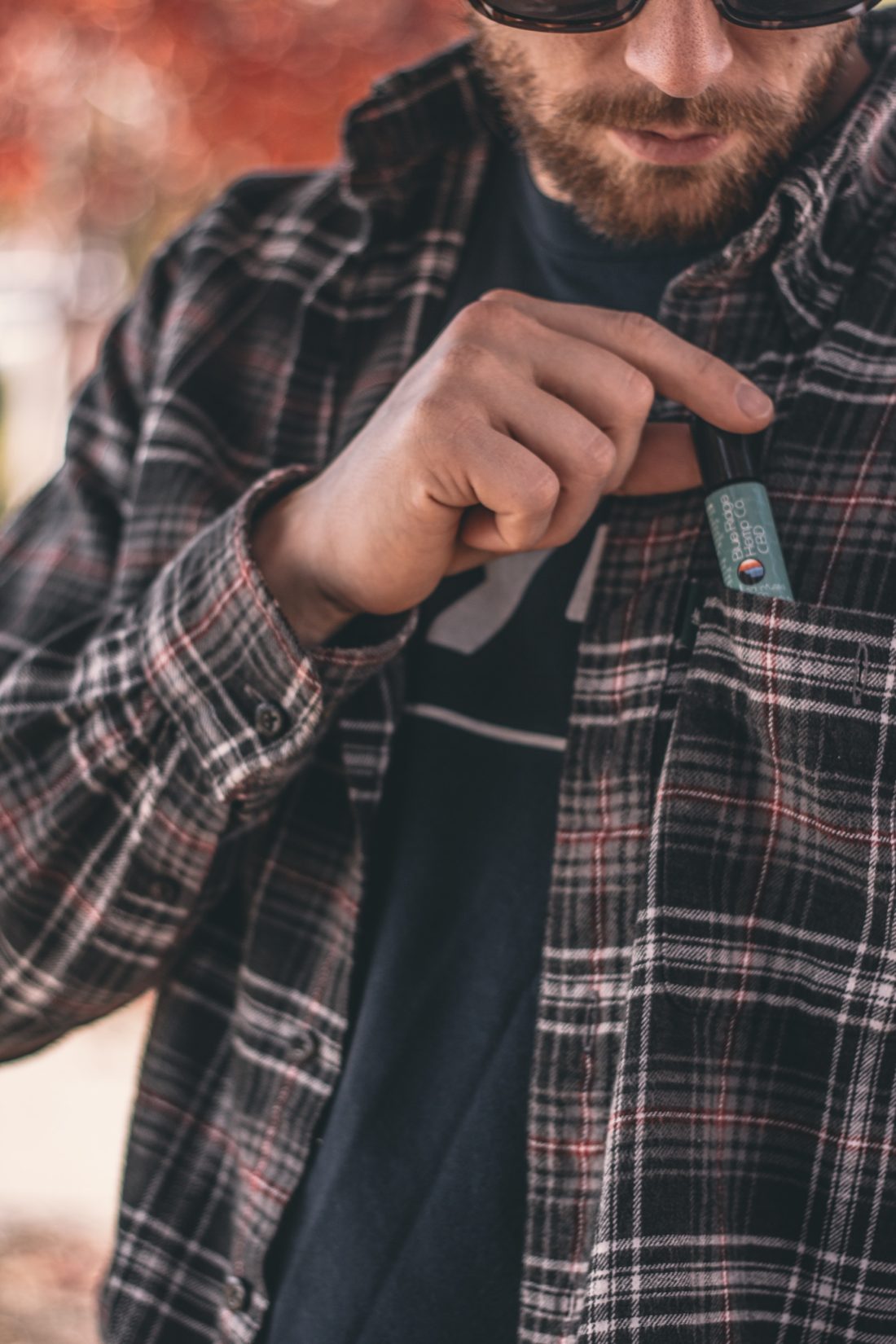Why are so many people using CBD?

It would be easy to dismiss cannabidiol (CBD) as the latest healthcare fad. Many natural products have come and gone over the years, with claims that they have extraordinary benefits before ultimately being exposed. Given the sharp and sudden rise of CBD, seemingly out of nowhere, to the untrained eye it looks as if these products are following the same trajectory.
Except CBD’s benefits appear to be much more rooted in quality science than other alternative remedies. CBD is a cannabinoid, for starters, a type of compound predominantly found in cannabis sativa and cannabis indica plants. However, the CBD being used at the moment is not from cannabis per se, but an unusual and non-intoxicating form of the plant called hemp.
Renowned for being rich in omega-3 and omega-6 fatty acids, hemp has a ton of health benefits, and can even be used as a soil cleanser and to make clothes. But far and away the most popular use for hemp right now is making CBD products, which are created from the plant’s extract. Federal law now classifies hemp as a cannabis sativa strain with less than 0.3% THC (dry weight). Growing have been taking advantage of this ruling by cultivating high-CBD, low-THC strains. The hemp is then sold in flower form as CBD herb, or used to make e-liquids for vaping, edibles, syrups, capsules and even creams.
You probably have a few questions about what wholesale CBD products are, and the benefits they offer. Let’s break it down.
CBD is non-intoxicating
This is absolutely key as to why CBD is sweeping the United States, and many other nations, too. That’s right, CBD has no intoxicating properties and is essentially non-psychoactive, setting it apart from both medical and recreational marijuana. CBD doesn’t get you ‘stoned’ or ‘baked’ as it affects the body differently to THC, despite them both being cannabinoids.
CBD and THC are influential with many receptors, but crucially those in the endocannabinoid system (ECS). Endocannabinoids are neurotransmitters that naturally bind with cannabinoid receptors, but phyto-cannabinoids (i.e. the cannabinoids in cannabis and hemp) act similarly. THC gets you high by binding to the CB1 receptor. But CBD blocks activity at this cannabinoid receptor, making it anti-psychotropic, rather than simply non-intoxicating.
But CBD does promote healthy endocannabinoid signaling and regulated cannabinoid receptors. This helps to control pain levels, regulate appetite, mood and bone health, and even modulate immune system response to reduce inflammation and manage autoimmune diseases.
Physical benefits of CBD
CBD’s analgesic effects can be used to treat different types of pain – edibles are well-suited to chronic conditions, vape juices and tinctures for neuropathic illnesses, and topicals for localized pain. In addition, the anti-inflammatory effects of CBD help to alleviate arthritis, and inflammatory bowel disease (IBD). Studies also suggest that CBD may combat fibromyalgia by correcting ECS dysregulation.
CBD creams are effective for a number of skin conditions, including psoriasis, rosacea, acne and, in some cases, eczema. Infused topicals may tackle infections too, courtesy of having antimicrobial, antifungal and antibacterial properties.
Furthermore, CBD products reduce fatigue by enhancing sleep quality and boosting the duration of time spent in regenerative deep sleep. This is vital for long-term brain health and the prevention of neurodegenerative diseases, since cerebrospinal fluid clears toxins and plaques from the brain in deep sleep.
Psychological benefits of CBD
CBD and other cannabinoids impact the brain, due to the ECS’ presence in the central nervous system. The serotonin system is also implicated in some of CBD’s psychological effects.
Early research indicates that CBD may have lasting and powerful antidepressant effects in humans, following studies that show how the cannabinoid repairs brain regions and neuronal circuitry in animal models. Moreover, investigations on CBD’s practical benefits for anxiety have yielded positive results, perhaps through activation of the serotonin 1a receptor.
That’s not all. CBD alleviates stress by inhibiting cortisol secretion, and has demonstrated potential as a treatment for obsessive-compulsive disorder (OCD), bipolar disorder, psychosis, schizophrenia and addictive behaviors. A cannabinoid solution could have meaningful therapeutic value for post-traumatic stress disorder (PTSD) – although it’s possible that a medicine would need THC as well for maximum benefit.
Conclusion
As you can see, there is plenty for CBD scientists to get their teeth stuck into. Finding out what CBD may help with is just the start. The next step will be to determine whether CBD-isolate or full-spectrum extracts are better for various conditions, and what the best form of administration is. Ascertaining the ideal dose and dosing regimen are all crucial goals for future clinical research.